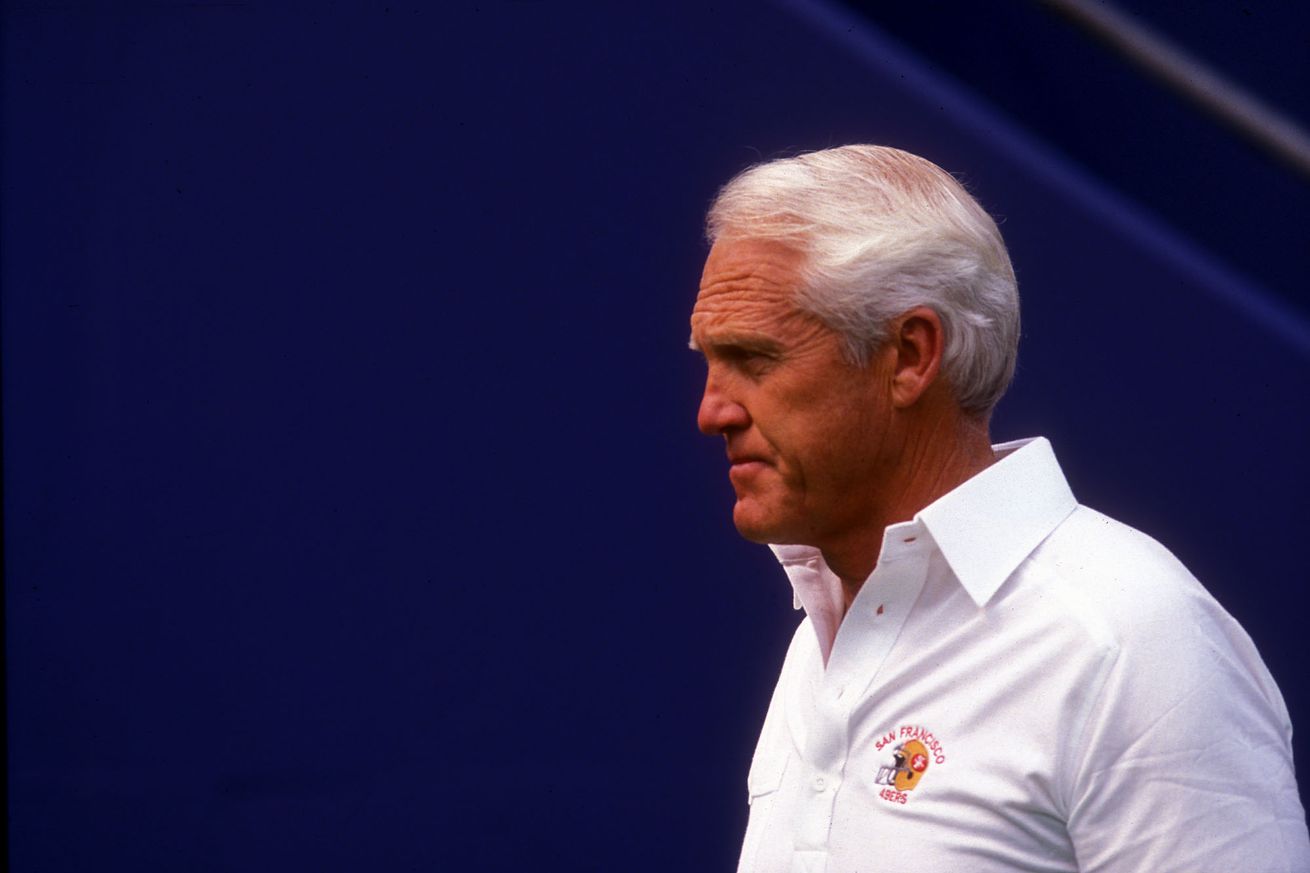
Exclusive interview with Las Vegas Raiders’ Bill Walsh Fellowship Participant
For more than 30 years, the NFL has helped organize the Bill Walsh Diversity Coaching Fellowship program, which seeks to increase the number of minority coaches in the league and sports in general.
The program allows qualified candidates to observe, participate and gain experience at training camps, offseason workout programs and minicamps. Every team is encouraged to participate, and I was fortunate enough to speak with one of this year’s participants for the Las Vegas Raiders, Isaac Parker.
Parker is in his third season as the head football coach at the prestigious Willamette University, a program that produced nothing but elite athletes like yours truly. Previously, he was the offensive coordinator at another Division III school and served as a high school coach for over 10 years in the Salem, Oregon area.
/cdn.vox-cdn.com/uploads/chorus_asset/file/22735006/Parker_Head_Shot.jpeg)
https://www.wubearcats.com/sports/fball/coaches/parker?view=bio
The transition from prep to college is what encouraged Parker to pursue the Bill Walsh Fellowship program:
“I was just looking for every and any opportunity to grow as a coach now that it was my full-time job…being a Willamette grad, you learn to be a life-long learner so it was just innate for me to try and learn from the best so I can do my job as well as I can do it.”
This season will be Parker’s second participating in the program as he got to spend training camp with the Cincinnati Bengals in 2018. He mentioned how impactful it was to learn from another minority coach in Marvin Lewis: “To see someone who also participated in the program make it to the highest level and take you under his wing is a very uplifting feeling.”
Parker also credits his time in Cincinnati as a big reason why he’s able to spend training camp in Las Vegas this August.
I asked what factored into his decision head down to Sin City this time around, and if the organization’s history of giving minorities opportunities that they may not have received elsewhere played a role:
“The location is helpful [given the proximity to Oregon] and as a former offensive line coach, the opportunity to work with someone well-respected like Tom Cable is intriguing. The Raiders’ history of giving minority opportunities makes this opportunity mean a little more…especially since Asian-Pacific Islanders are still unrepresented in the NFL, so I’m able to help break another diversity frontier in a way.”
Outside of location, another aspect that’s different this time for Parker is that he gets to experience everything through the lens of a head coach. With the Bengals, he was still an offensive coordinator at the time, and he said looks forward to picking Jon Gruden’s brain from a head coach’s perspective.
“I’m really excited to see internally what the messaging is in year four rather than year one since this will be year three for me at Willamette. There’s a parallel there that’s exciting for me to see. Continuing to listen and watch how things are installed and concepts are introduced down to the fundamentals of executing are the big reasons why I got into [the fellowship] in the first place.”
/cdn.vox-cdn.com/uploads/chorus_asset/file/22734997/Parker_Addresses_Team.jpeg)
https://www.wubearcats.com/sports/fball/coaches/parker?view=bio
Parker believes being part of the Bill Walsh program has carved out a potential path to the NFL for him, in addition to helping him grow as a coach in general. Also, Parker recently hired a new defensive coordinator who he met in Cincinnati. So, the benefits are multifold.
One way the fellowship has helped create opportunities for minority coaches is by getting organizations to be more open to bringing in underrepresented demographics of people, which Parker feels is one of the most impactful aspects of the program. Teams hire people that they otherwise might not have known about and get to see what their capabilities are. Often, that leads to bigger and better roles down the line for those individuals.
Giving more opportunities to minority coaches has a residual impact on future generations as well. Being able to see other people who look like you in high-ranking positions gives young-up and-comers hope that they can accomplish the same feats. Parker pointed out Navy head coach Ken Niumatalolo as someone he has looked up to throughout his career.
“It’s encouraging to see [minority] coaches doing it big. Seeing coach Niumatalolo and the success that he’s had at Navy is encouraging and inspirational for me. I’ve never had the chance to sit down and talk to him, so I think that’s where it’s cool, you can be an inspiration for someone without even really meeting them. That goes a long way and lets you know that it’s your abilities are what really matter.”
/cdn.vox-cdn.com/uploads/chorus_asset/file/22734985/Parker_Side_Shot.jpeg)
https://www.wubearcats.com/sports/fball/coaches/parker?view=bio
I asked Parker what advice he would give to other minorities trying to make it in the industry:
“Don’t let negative experiences slow you down from doing your job and learning. I think our country is starting to understand what it really means to grant opportunities to people of groups, so I think there has to be a pool of people ready to take advantage of those opportunities. Keep your eyes on the next step and make sure you’re ready for it and can take advantage of it…Make it a personal responsibility to be the best you can be so that more opportunities are available for the people behind you.”